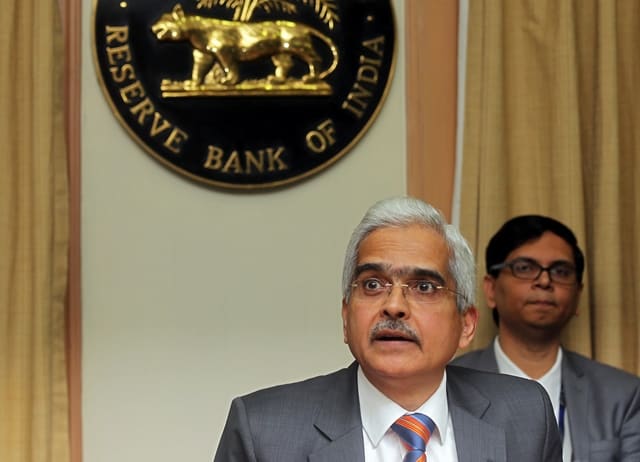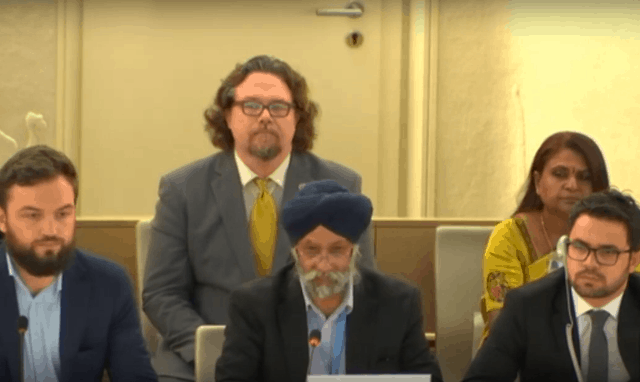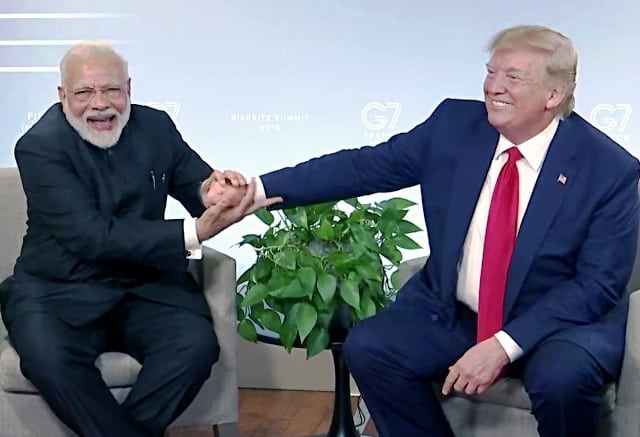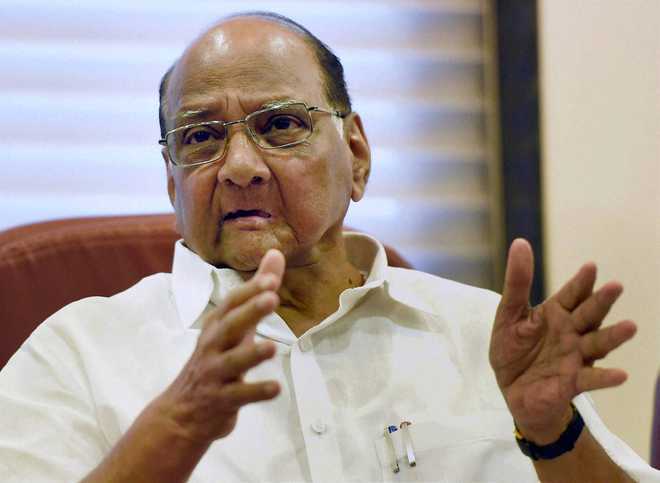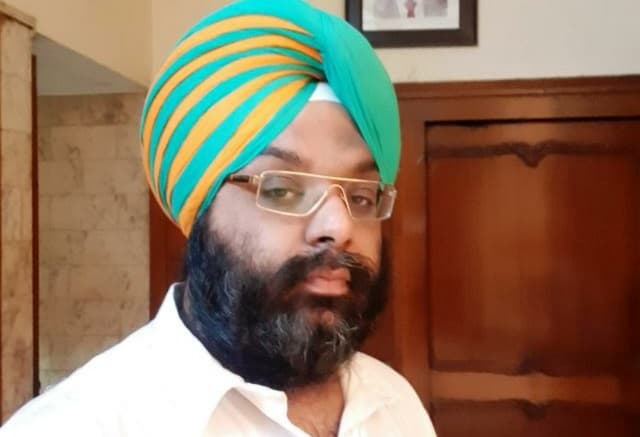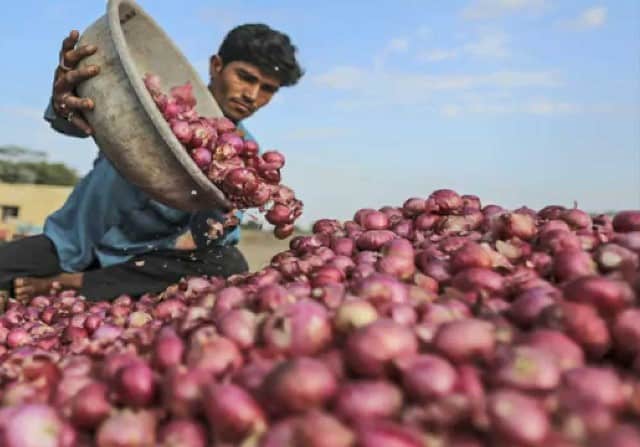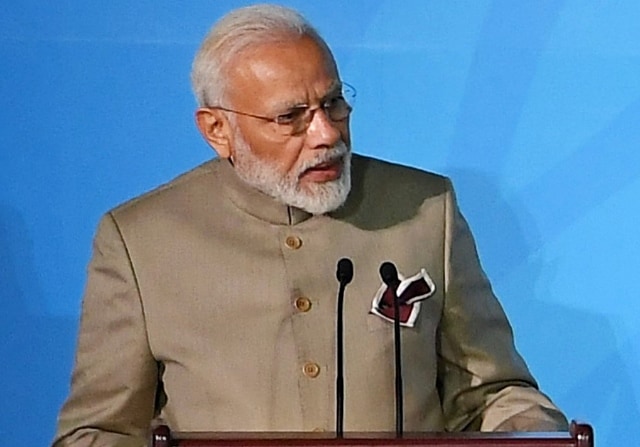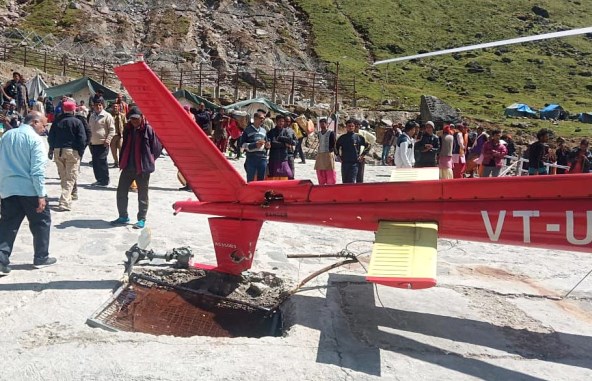ED has registered an Enforcement Case Information Report (ECIR) against NCP chief Sharad Pawar, party leader Ajit Pawar and others in connection with the Rs 5,000 crore Maharashtra State Co-operative Bank (MSCB) scam case.
ED registered ECIR on September 23 based on the FIR registered by the Economic Offences Wing (EOW) of Mumbai Police following directions from the Bombay High Court, ED sources said.
“The FIR was thereafter filed and consequently an ECIR was recorded on September 23, 2019 against the then Chairman, MDs, Directors of Maharashtra State Cooperative bank (MSC), along with Sharad Pawar, Ajit Pawar, Diliprao Deshmukh, Isharlal Jain, Jayant Patil, Shivaji Rao Nalvade, Anand Rao Adsul, Rajendra Shingane, Madan Patil and others,” they said.
ED sources said that it is alleged that the then top executives i.e. Chairman, MDs, Directors, CEOs, managerial staff of Maharashtra state cooperative bank (MSC) and office bearers and directors of Sakhar Karkhanas (cooperative sugar factories “CSF”), Soot Girnis and other processing units were given loans in a fraudulent manner by MSC Bank and in-process several illegalities were committed. The scam is pegged at Rs 25,000 crore.
“The loans provided to Cooperative Sugar Factories (CSFs) by the officials of the MSC bank, who were connected with the owners of CSFs. There were several irregularities in the sanctioning of the loans committed, only with the purpose of extending benefits to the Directors of the lending bank, for personal gains thereby defrauding and cheating the bank and its shareholders. Loans were sanctioned to CSFs, despite having weak financials and negative net worth. No collateral was taken in many cases and loans were extended on basis of fraudulent and dishonest representation to the bank,” they said.
“Additional working facilities were also extended to a certain few CSFs without having any prudent reasons. Thereafter, due to the alleged mismanagement and underutilization of capacity and increasing overhead expenditure these Cooperative Sugar Factories (CSFs) became sick and were sold by decision taken by Board of Directors at a price much below the reserve price to avail wrongful gain to the purchaser,” sources added.
According to sources, the purchasers had personal or political links to the Board of Directors and the consent of borrowing units were not taken before undertaking such sale, clearly shows the dishonest intentions on part of Board of Directors.
“The CSFs were sold at a price much lower than the reserve price. Further, there was no rules followed to the fix the reserve price as it was fixed on the basis of the interest of the purchasers be it market value, Realizable value or Distress value of the property. Forged documents like sale certificate were made in some instances in which the actual sale (As per sale deed) was done at a much lower level than mentioned in sale certificate,” they said.
“Thus, the directors flouted various NABARD, RBI and SARFAESI Guidelines by sanctioning illegal loans, giving loans to the related parties without disclosing it to the bank and showing it as related party transactions. Thereafter, selling off units at throwaway prices to relatives. There was huge misappropriation of funds on part of committee members and directors and loan committee members of MSC bank, acting in connivance to siphon off the money and in the process causing huge losses to the bank,” ED sources said.
On September 2, the Supreme Court had declined to entertain Special Leave Petitions (SLPs) seeking to quash the investigation against NCP leader Ajit Pawar and others in connection with the MSCB scam case.
The case pertains to loans given by the bank amounting to crores of rupees to some companies allegedly on the recommendation of Ajit Pawar and some others, who were directors of the bank between the years 2005-10. The bank had to suffer losses as the companies never returned the loan. (ANI)
]]>
